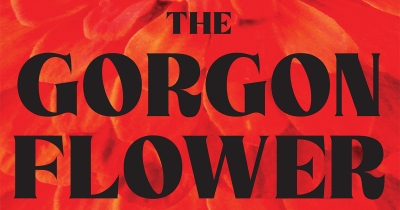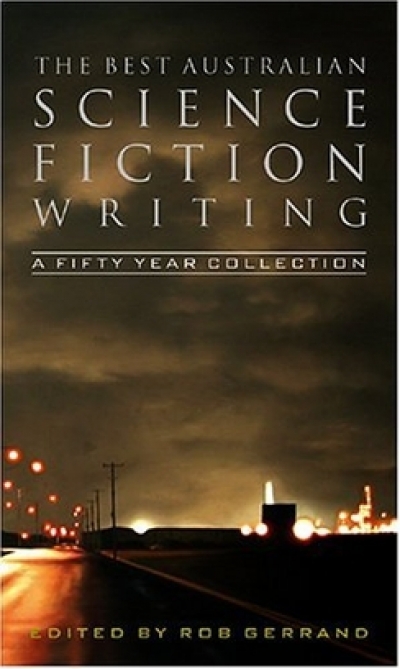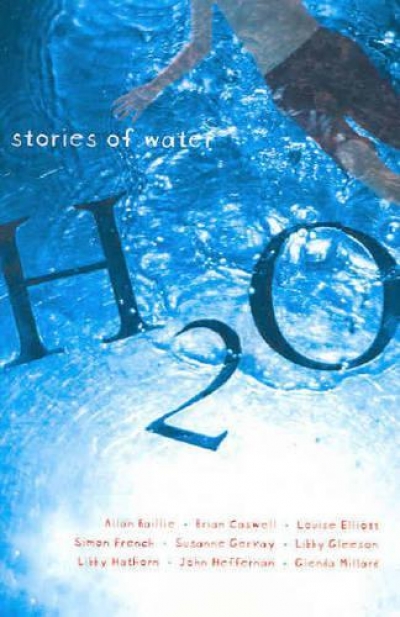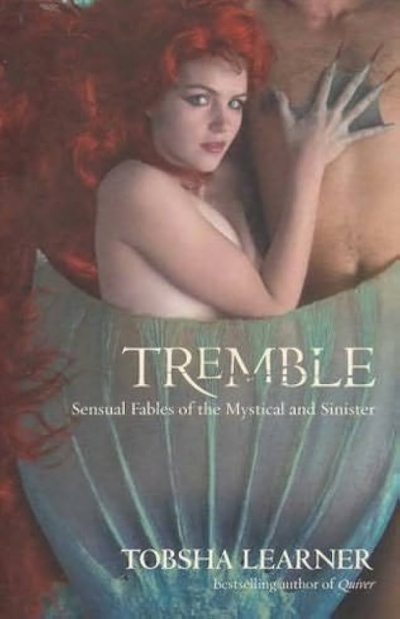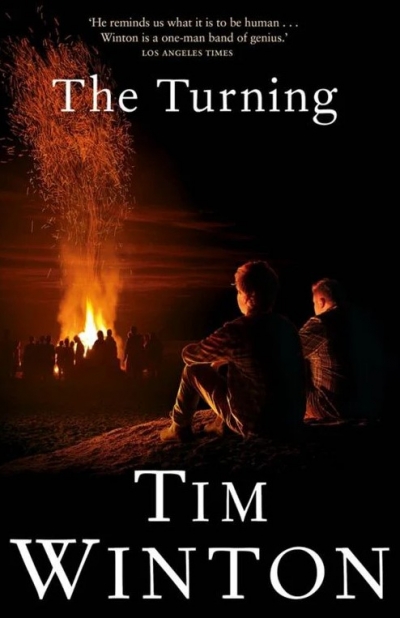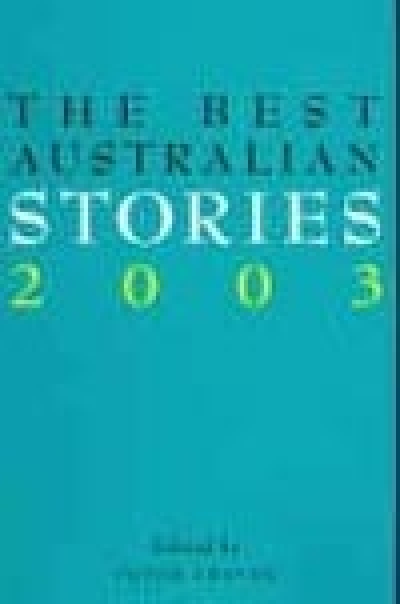Short Story Collection
The Best Australian Stories 2006 edited by Robert Drewe
by Delia Falconer •
The Best Australian Science Fiction Writing: A fifty-year collection edited by Rob Gerrand
by Chris Palmer •
H2O edited by Margaret Hamilton & And the Roo Jumped Over the Moon edited by Robin Morrow, illustrated by Stephen Michael King
by Sherryl Clark •
Tremble: Sensual fables of the mystical and sinister by Tobsha Learner
by Thuy On •
The Best Australian Stories 2003 edited by Peter Craven & Secret Lives edited by Barry Oakley
by Kerryn Goldsworthy •

